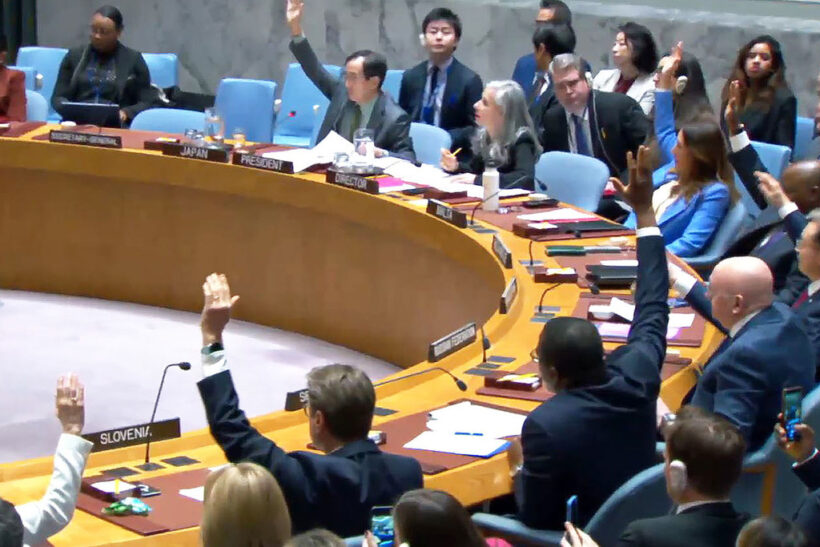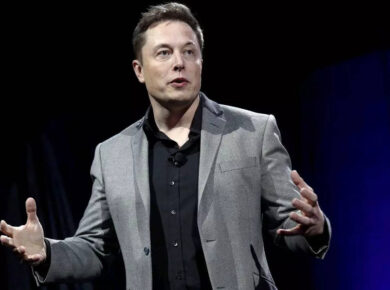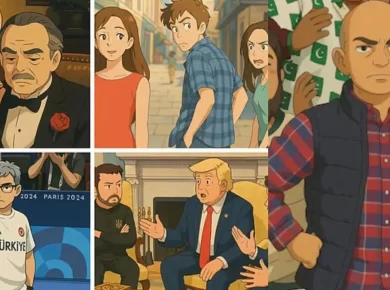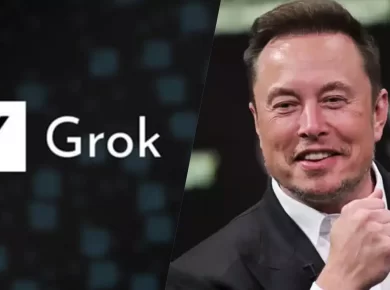📰 US Veto Gaza Ceasefire Resolution Amid Escalating Humanitarian Crisis in Gaza
The US veto Gaza ceasefire at the United Nations Security Council (UNSC) has triggered widespread international backlash as conditions in Gaza reach catastrophic levels. The vetoed resolution, which called for an immediate, unconditional ceasefire and unrestricted humanitarian access, was supported by 14 of the 15 Council members. The United States stood alone in opposition, further isolating itself diplomatically amid rising civilian casualties and starvation in the Gaza Strip.
🛑 UN Security Council Vote: US the Lone Opponent
On June 4, 2025, the UNSC convened to vote on a ceasefire proposal introduced by the ten non-permanent members. The motion aimed to halt hostilities between Israeli forces and Hamas militants in Gaza, while also facilitating the urgent delivery of humanitarian aid to nearly 2 million affected Palestinians.
Fourteen members voted in favor, with the US casting the only dissenting vote — invoking its veto power.
US Deputy Ambassador Dorothy Shea defended the veto, arguing that the resolution failed to explicitly condemn Hamas for initiating the October 2023 attack and did not condition the ceasefire on the release of Israeli hostages.
Despite diplomatic efforts to add provisions addressing hostage issues and Hamas accountability, Shea criticized the final draft as “imbalanced” and “divorced from the on-ground realities,” reaffirming US alignment with Israel’s stance on security.
⚠️ Gaza’s Humanitarian Situation Worsens Daily
Conditions in Gaza are deteriorating rapidly, with aid agencies warning of famine, medical supply shortages, and the collapse of essential infrastructure.
At least 95 Palestinians were killed and over 440 injured in a 24-hour period preceding the vote.
The Gaza Health Ministry, controlled by Hamas, reported these figures amid intensified Israeli strikes, particularly in the southern city of Rafah. These operations have targeted what the Israeli military claims are Hamas strongholds and tunnels.
However, humanitarian organizations argue that civilian populations are bearing the brunt of the conflict. The Gaza Humanitarian Foundation, supported by the US and Israel, temporarily suspended aid operations after Israeli forces designated its distribution zones as combat areas.
“We are running out of time and options. Starvation is now a weapon of war,” said a UN aid worker on condition of anonymity.
🌍 Global Condemnation of US Veto Gaza Ceasefire
The US veto has been sharply criticized by the international community. Many nations and human rights organizations see it as a politically motivated obstruction that ignores civilian suffering.
🏛️ China’s Response
China’s UN Ambassador, Fu Cong, expressed outrage, saying:
“Israel’s actions have violated every line of international humanitarian law. The US is enabling war crimes by shielding Israel.”
🇫🇷 France and Other Allies
France, while traditionally allied with the US, expressed “profound regret” over the veto. A French foreign ministry spokesperson stressed:
“The time for action is now. An unconditional ceasefire is the only path to saving lives and rebuilding peace.”
🕊️ UN Secretary-General António Guterres
Guterres, invoking Article 99 of the UN Charter last month — an extremely rare move — had warned that continued hostilities threatened international peace and security.
“The scale of civilian suffering is unacceptable. The world cannot look away,” he said.
🗣️ Palestinian Leadership and Human Rights Groups Speak Out
The Palestinian Authority called the US veto Gaza ceasefire move a “green light for further massacres” in Gaza and southern Lebanon.
Palestinian UN envoy Riyad Mansour said:
“This veto is not neutrality. It is complicity. It gives Israel full license to kill, displace, and starve our people.”
👥 Human Rights Watch and Amnesty International
Human Rights Watch accused Washington of “abusing its veto power to shield a military partner from accountability.” Amnesty International echoed this view, stating:
“US support is enabling violations of international humanitarian law, including collective punishment.”
🧭 International Legal Implications
Experts in international law believe the US may face diplomatic fallout for vetoing a ceasefire amid accusations of “war crimes” and “crimes against humanity” against the Israeli military.
According to Dr. Laila Nasr, professor of international relations at the University of Oxford:
“Blocking a resolution aimed at protecting civilians under active bombardment may constitute a violation of customary international law, especially when tied to strategic interests.”
🏛️ Next Steps: UN General Assembly Vote Likely
Although the UNSC resolution failed, Palestinians and their allies are expected to take a similar draft to the UN General Assembly (UNGA).
Unlike the Security Council, General Assembly resolutions are not legally binding, but they carry significant political weight and symbolic legitimacy.
📢 Broad Global Support Anticipated
Several nations — including Brazil, South Africa, Ireland, and Indonesia — have signaled support for such a move. A General Assembly resolution, if passed with a strong majority, may exert moral and diplomatic pressure on the United States and Israel.
🔁 Hostage Crisis and Negotiation Stalemate
The US and Israel insist that any ceasefire must be tied to the release of approximately 120 Israeli hostages still held by Hamas. Ongoing negotiations mediated by Egypt and Qatar have stalled, with both sides accusing the other of bad faith.
“We cannot have a ceasefire that allows Hamas to regroup and rearm,” said Israeli Defense Minister Yoav Gallant.
Conversely, Palestinian negotiators argue that a ceasefire is a prerequisite for credible talks and for ensuring the hostages’ safety.
💡 Diplomatic Isolation of the US?
The US veto Gaza ceasefire decision comes at a time when its global image is under scrutiny. Critics argue that Washington is prioritizing strategic alliances over human rights.
This veto marked the third time the US has blocked ceasefire efforts in Gaza since the outbreak of hostilities in late 2023. In each case, American officials have cited concerns over Israel’s security and the integrity of counterterrorism operations.
“We stand firmly with Israel,” reiterated US Ambassador Dorothy Shea.
Yet this alignment risks alienating the US from both its European allies and the Global South, who largely support humanitarian cessation of hostilities.
📊 Public Opinion and Domestic Impact
Within the United States, public sentiment is shifting. A recent Pew Research Center poll found:
-
64% of Americans support an immediate ceasefire in Gaza.
-
Among Democrats, support is even higher, at 82%.
-
Conversely, only 38% of Republicans support an immediate halt to Israeli operations.
These internal divisions are playing out on Capitol Hill, where progressive lawmakers have called the veto “morally indefensible.“
“The Biden administration’s foreign policy is losing its moral compass,” said Rep. Alexandria Ocasio-Cortez.
📝 Conclusion: What the US Veto Gaza Ceasefire Means for Global Peace
The US veto Gaza ceasefire has not only blocked immediate international relief efforts but also deepened global distrust in American diplomacy. As Gaza plunges deeper into starvation, displacement, and destruction, the world watches — some with fury, others with despair — hoping that peace might still find its place amid the ruins.
Only a permanent ceasefire, humanitarian access, and meaningful negotiations can turn the tide. Until then, the price of political impasse will be paid by Gaza’s civilians — and the credibility of international governance itself.
For more updates, explore the Current News. Feel free to share your thoughts and comments.
If you’re passionate about building a successful blogging website, check out this helpful guide at Coding Tag – How to Start a Successful Blog. It offers practical steps and expert tips to kickstart your blogging journey!






